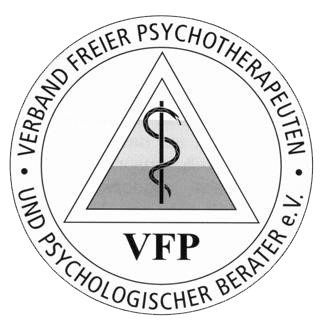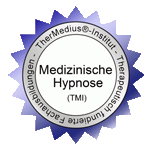Light therapy
When the days get shorter, it gets dark earlier, there are storms and it rains, the cold, wet weather and the lack of light get on many people's minds. If the listless, depressed state lasts longer than two weeks, it is called seasonal affective disorder (SAD). Those affected suffer from depression, listlessness, exhaustion and often have cravings for sweets and other carbohydrates (which can also be associated with the corresponding weight gain). They often withdraw from friends and partners.
Milder forms of the disease are called subsyndromal SAD (S-SAD) or the winter blues. But even this milder form of the disease, for which no doctor is usually consulted, still means a significant reduction in the quality of life of those affected. Bright lights have been proven to help people with winter blues.
All forms of seasonal mood swings are usually triggered by a lack of light, which is prevalent in the autumn and winter months.

The shorter days signal to the body a changed day/night rhythm. Hormones and messenger substances in the brain get mixed up and can lead to severe mood swings. The symptoms disappear in spring. Depressive moods (mild to moderate depression) are among the most common illnesses. The person concerned is depressed, listless, exhausted and often has cravings for sweets. The permanently bad mood in turn hits the mind, social contacts are restricted, a vicious circle builds up. What does light do in the brain? Light acts on this biological clock by being absorbed through the retina and then converted into electrical impulses, finally reaching a brain structure called the suprachiasmatic nucleus (SCN) which is thought to be the body's biological clock. This transmits the rhythm of light and dark (sleep-wake cycle) to different parts of the brain, which are responsible for controlling a wide variety of functions. One of these compounds extends into the pineal gland, which secretes the hormone melatonin at night in a rhythm generated by the suprachiasmatic nucleus. Light suppresses the release of melatonin, which is also believed to cause depression. But other areas of the brain are also affected by the daily rhythm of light and darkness. The hypothalamus is an important control center of the autonomic nervous system (i.e. the part of the nervous system that is not subject to our will) and ensures that our organism remains in balance with the external world. From here, vital functions such as body temperature, blood pressure, eating and drinking behavior, sleep-wake rhythm and sexual desire and mood are controlled. It's probably no coincidence that these are the bodily functions that go haywire in depressed patients. The hypothesis that there is a biochemical abnormality in the hypothalamus in depressed patients is therefore very plausible. In seasonal depression, this anomaly comes to the fore when there is a lack of natural light. Conversely, bright light can ease symptoms. What are the treatment options? One of the causes of the problems is the lack of bright light, which is why the treatment is to stay in bright light every day if possible. You can ski on sunny days or stay in sunny areas and you will feel a significant reduction in symptoms. However, if this is not possible, light therapy can help. For this purpose, a 30-minute treatment with light of an intensity equivalent to that of a sunny spring day is recommended for most patients. After just 5 sessions of 30 minutes each, you can achieve a better mood, as medical studies have shown. Light therapy does not replace psychotherapy. You can get 30 minutes of light therapy for € 20.00. Other indications for light therapy:BurnoutExhaustionSleep disorders When shouldn't light therapy be used?Light therapy is not suitable for people who suffer from eye diseases such as retinopathy, optic nerve inflammation or glaucoma. Experts generally recommend having an ophthalmologist examine you beforehand. Caution is also required with some drugs that increase photosensitivity. Before starting light therapy, please ask your doctor about possible contraindications.








